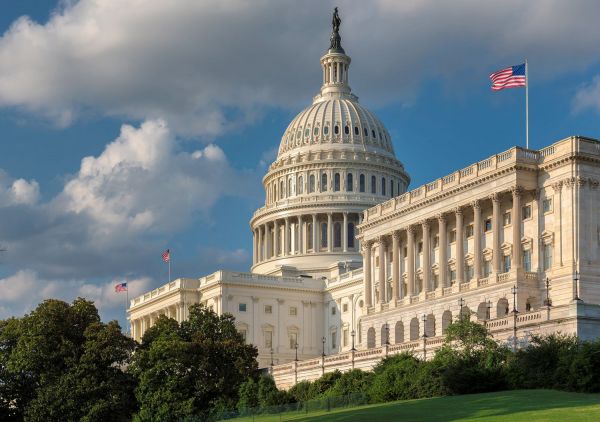WASHINGTON, DC – U.S. Senator Deb Fischer (R-Neb.), a member of the Senate Agriculture Committee, and Senator Tammy Duckworth (D-Ill.) have introduced the bipartisan RFS Integrity Act of 2021. This legislation would provide more certainty for rural America by bringing transparency and predictability to EPA’s small refinery exemption process. The bill would require small refineries to petition for Renewable Fuel Standard (RFS) hardship exemptions by June 1st of each year. This change would ensure that EPA properly accounts for exempted gallons in the annual Renewable Volume Obligations (RVO) it sets each November.

Geoff Cooper, president of the Renewable Fuels Association said, The previous Trump administration’s reckless abuse of the small refinery exemption program resulted in countless lost opportunities for ethanol producers, farmers, and consumers alike. While we remain hopeful that the U.S. Supreme Court will soon put this issue behind us once and for all by affirming the Tenth Circuit Court’s decision in RFA et al. v. EPA, introduction of the RFS Integrity Act marks an important step forward toward getting the program back on track.”
Both Fischer and Duckworth say that farmers throughout the Midwest are hurting and ethanol plants are idling as a result of years of misuse of the small refinery exemption program that undermined the intent of the bipartisan Renewable Fuel Standard. The two congresswomen believe the legislation will bring much-needed transparency to the waiver process and prevent it from being misused to benefit billion dollar oil companies at the expense of hardworking Americans.
“The RFS has positively linked soybean production to energy markets, allowing farmers to contribute to a cleaner fuel system and climate-friendly solutions. We have embraced this opportunity, so it is disheartening when small refinery exemption waivers are granted without transparency. It creates uncertainty in biodiesel markets and harms soybean farmers aiming to help. A strong RFS adds value to soybeans while also creating jobs, diversifying our fuel supply, and reducing our greenhouse gas emissions. We applaud Senators Duckworth and Fischer on introducing the RFS Integrity Act, which will add much-needed transparency to the small refinery exemption waiver process at the EPA,” said Kevin Scott, president of the American Soybean Association.
Farm Bureau weighed in on the legislation. “Given the accomplishments of the RFS program to date, EPA’s previous excessive and unreasonable use of the small refinery waiver dampened the prospects for reduced emissions and increased energy security. The Renewable Fuel Standard Integrity Act ensures transparency through a fair and timely EPA waiver process going forward,” said Zippy Duvall, president, American Farm Bureau Federation.
According to the National Corn Growers Association, the EPA’s abuse of small refinery waivers not only undermined the Renewable Fuel Standard but also impacted corn demand. John Linder, president of NCGA, says the legislation will ensure the RFS is properly administered. Corn growers appreciate new EPA Administrator Regan’s actions to date to change course on RFS waivers, and the RFS Integrity Act would support those efforts and prevent future waiver abuse.”
This legislation fixes the unnecessarily complex “rolling deadline” by setting a deadline for refineries to apply for an SRE by June 1 in the year before the RVO is in effect, giving EPA sufficient time to ensure exemptions are accounted for in the annual RVO process. It further requires the EPA to publish the name of the refinery and how many gallons are exempted on their dashboard at the same time the refiner is notified that they received an exemption.
Fischer has taken a leading role in pushing for more transparency in the SRE process. Last year, the 10th Circuit Court of Appeals struck down three small refinery exemptions that were deemed improperly issued by the EPA. The court ruling stems from a May 2018 challenge brought against EPA by the Renewable Fuels Association, the National Corn Growers Association, the American Coalition for Ethanol and National Farmers Union. The court ruled that the RFS statute only allows agencies to grant extensions for continuously extended exemptions that have been in effect since 2011, which was not the case for these three exemptions. In February, President Biden’s EPA announced its support for the 10th Circuit’s decision.
The U.S. Supreme Court took up this case and heard oral arguments this spring.












